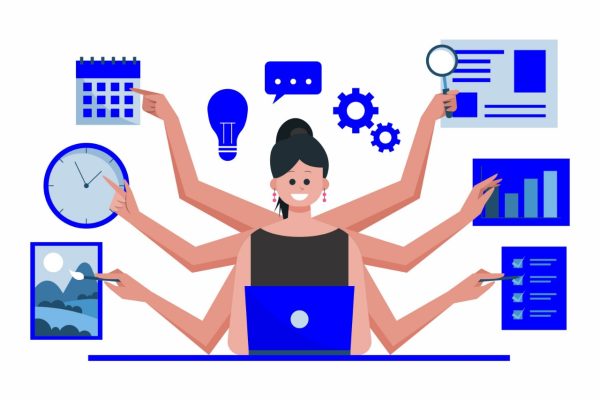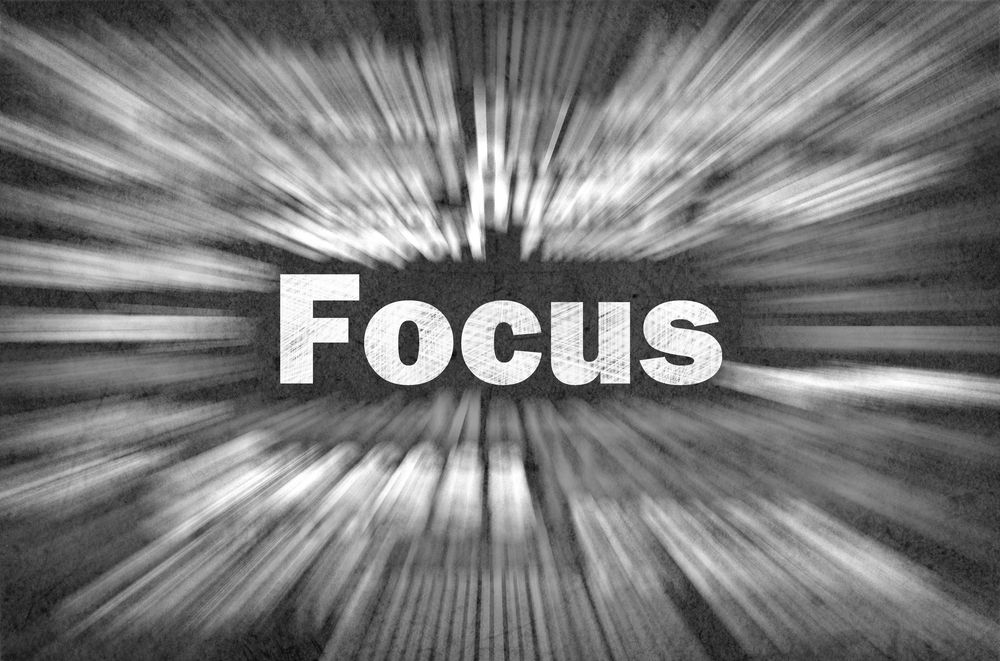By Carli Uys – Head of Marketing, Research and Development (MCom Industrial Psychology and MCom Communication studies) What does it mean for you as employee to be flexible in the workplace? According to Steve Hogarty, flexibility is a measure of how well you deal with the unexpected. A flexible employee is someone who is adaptable, able to adjust to changing circumstances and demands in the workplace, and can perform various tasks and responsibilities. This refers […]
Read MorePersonal Empowerment
How to be mindfully resilient
By Carli Uys (MCom Industrial Psychology and MCom Communication studies) Mindfulness is the mental state you achieve when you focus your attention on the present moment, are aware of everything occurring in the present moment, and accepting your own feelings, thoughts and body sensations. Resiliency is the capacity you have to recover quickly from any kind of difficulty you are facing. So how does a person combine the two? And why would you want to? […]
Read MoreBeing hopefully optimistic
By Carli Uys (MCom Industrial Psychology and MCom Communication studies) During these turbulent times it is difficult to be hopeful about what the future holds and to be optimistic that it all will turn out good in the end. It at times might feel that it is all getting too much to handle and that there is nothing to be optimistic about, as it feels that these turbulent times will not end any time soon. […]
Read MoreThe importance of self-care while working remotely
By Carli Uys (MCom Industrial Psychology and MCom Communication studies) For the majority of us, the Covid-19 pandemic has made us remote workers. It was not easy for all of us to transition from working at the office to working at home. It had its own challenges that we all had to overcome, such as work-life balance and our well-being. This blog will focus on our well-being while working from home and how we should […]
Read MoreHow to be the best you
By Carli Uys Industrial Psychologist (PS 0151149) Head of Design, Research and Development (MCom Industrial Psychology and MCom Communication studies) After a good, but emotionally difficult year at thinking fusion AFRICA, a new year has arrived. We are setting our sights on achieving greater heights this year and to improve as a company. Every year we strive to be the best in our industry, and this requires a lot of focus, dedication, and motivation. This […]
Read MoreFacing challenges head on
By Carli Uys Industrial Psychologist (PS 0151149) Head of Design, Research and Development (MCom Industrial Psychology and MCom Communication studies) Every year we are faced with new challenges, and most of the time we feel overwhelmed and have no idea how we are going to face them. We don’t realise that the challenge itself is not the real issue, but our relationship with the challenge is. This means that when we face a challenge our […]
Read MoreUse your subconscious mind to your benefit
By Carli Uys Industrial Psychologist (PS 0151149) Head of Design, Research and Development (MCom Industrial Psychology and MCom Communication studies) Are you happy? Do you enjoy your life? Are you doing what you love? If the answer is no to any of the three questions, then keep reading. We as humans are capable of so much more, but we are so focused on our current reality, that all we see and believe is our current […]
Read MoreHow to stay focused
By Carli Uys Industrial Psychologist (PS 0151149) Head of Design, Research and Development (MCom Industrial Psychology and MCom Communication studies) The 4th Industrial Revolution brought about a digital world that provides us with an overload of information. On a daily basis we need to deal with the increase of information and the multiple forms of information. We often find ourselves lost in this digital world and feel like we cannot focus on the task at […]
Read MoreFinding meaning during difficult times
By Carli Uys Industrial Psychologist (PS 0151149) Head of Design, Research and Development (MCom Industrial Psychology and MCom Communication studies) We all face various obstacles in our lives, and some of us find it easier to cope or deal with these obstacles than others. We at times experience turmoil, and don’t really know how to cope with the obstacles or change and cannot truly see the meaning of it. David Kessler co-authored two books with […]
Read More







